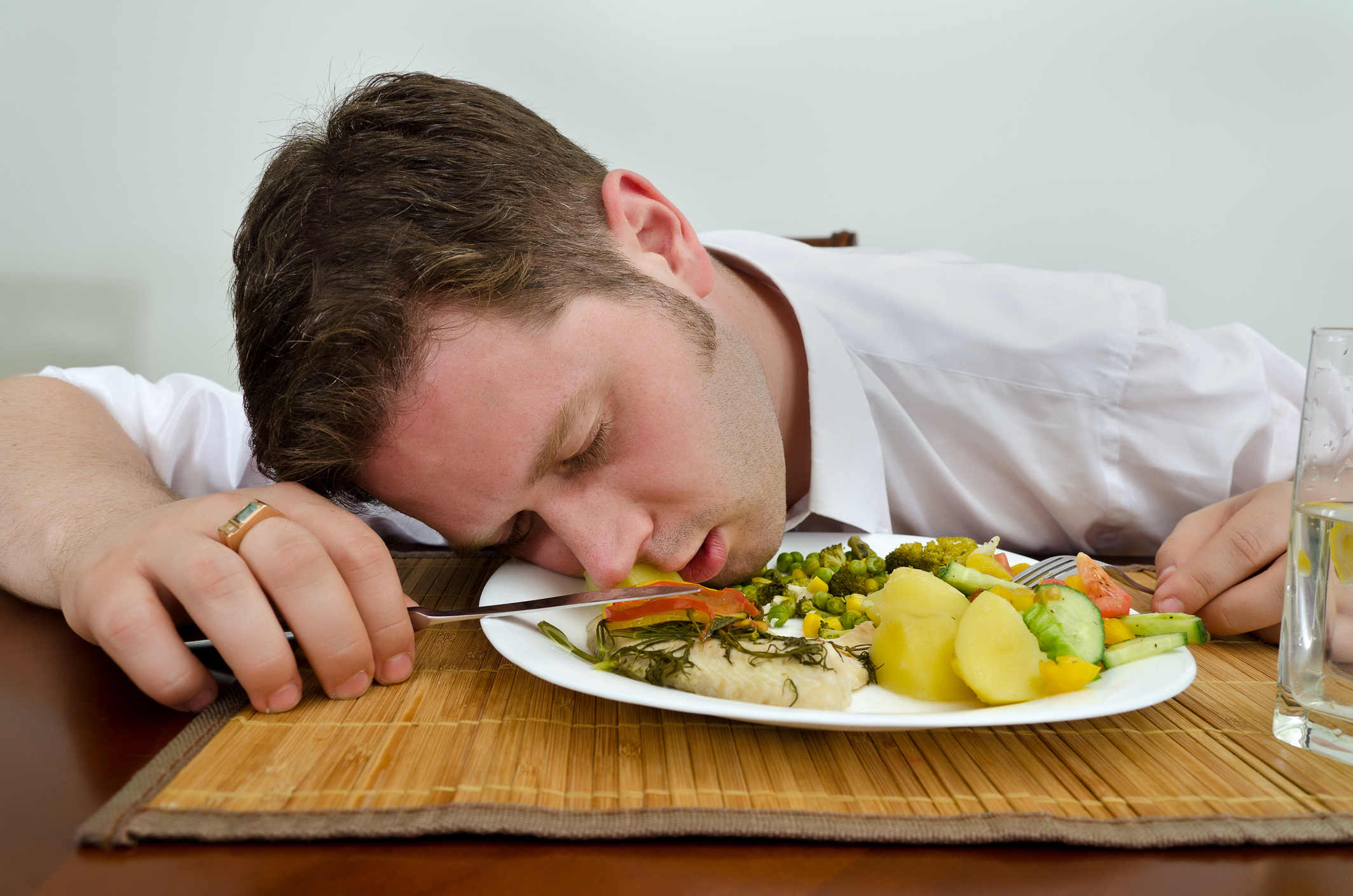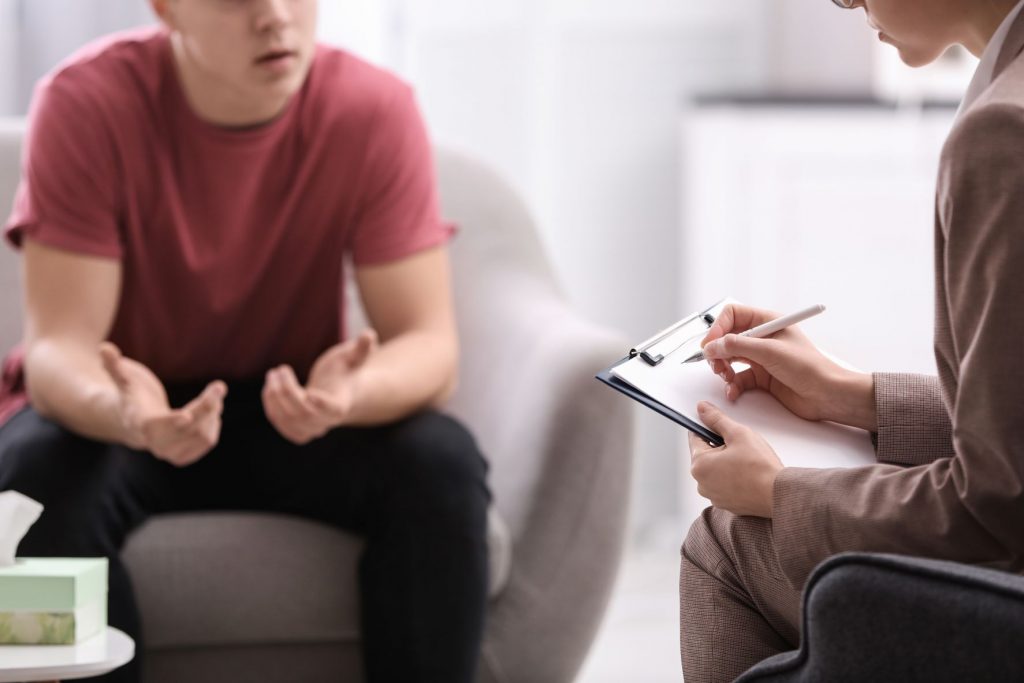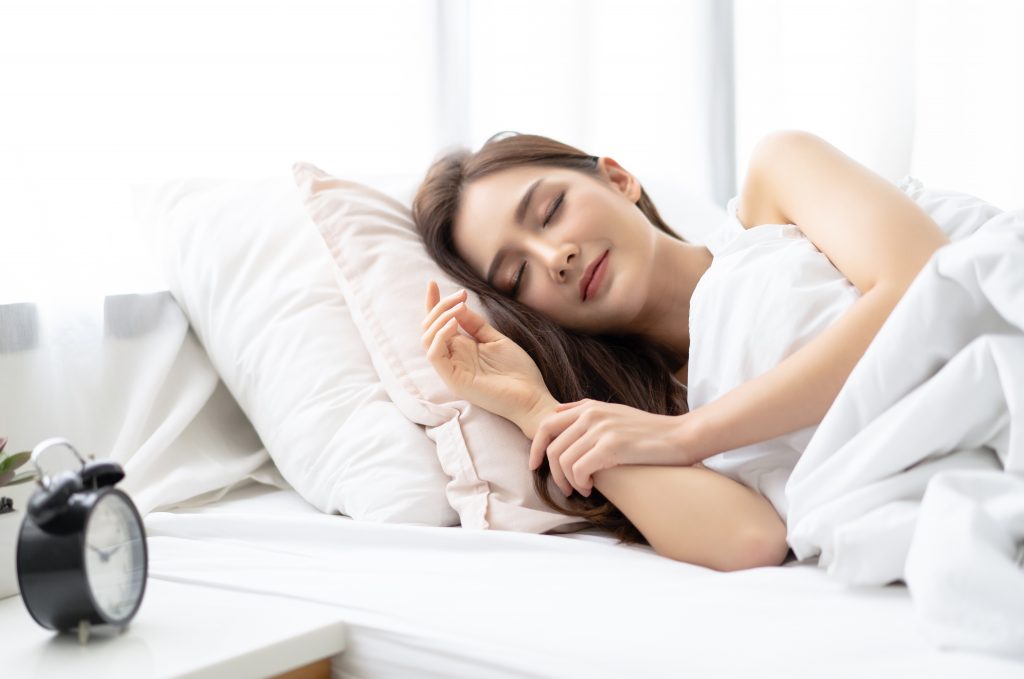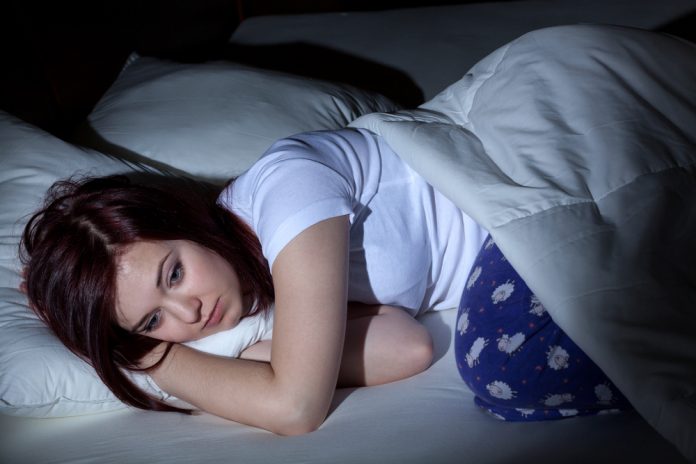A University of the Sunshine Coast researcher has been involved in a new study which highlights the link between young people’s sleep and their physical and mental health.
The research sheds light on the sleep health of young Australians and how it relates to their physical and mental health, with 60 per cent saying their sleep hours are irregular.
The study, published in the Australian and New Zealand Journal of Public Health, included 1234 young adults from Western Australia’s Raine Study research institute and is the first of its kind in Australia to comprehensively investigate sleep health in young adults.
The study showed a significant proportion of young people have suboptimal sleep, with 30 per cent of young adults saying they slept less than seven to nine hours a night, and 18 per cent taking more than 30 minutes to fall asleep. Sixty per cent lacked regular sleep hours.
Researchers also found that many young people weren’t satisfied with their sleep, with 25 per cent reporting that their sleep is “fairly bad” or “very bad”. Ten per cent also reported having impaired daytime alertness.
Clinical psychologist and lead researcher Dr Alex Metse, from the University of the Sunshine Coast, was surprised to find that it was self-reported sleep satisfaction and daytime alertness that had the strongest relationship with young adults’ mental and physical health.

“We hear a lot of messaging around the fact that as adults, we need seven to nine hours’ sleep a night to be healthy – this study shows that it’s not that simple,” Dr Metse said.
“Compared to young adults who were satisfied with their sleep, those who were dissatisfied with their sleep had mental health scores that were 34 per cent lower and physical health scores that were 7 per cent lower.
SUBSCRIBE here now for our FREE news feed, direct to your inbox daily.
“Physical and mental health scores were also lower for those who felt less alert during the day, and mental health scores were lower among those who slept less than the recommended duration in the sleep study.
“Previous studies have shown that poor sleep is associated with chronic health conditions such as depression and cardiovascular disease. As well as demonstrating how important sleep is to both physical and mental health by showing a clear link, this study helps us understand further the indicators of good sleep when it comes to our health.
“Sleep satisfaction is a subjective measure. This means there might also be opportunities to educate the public about what a ‘normal’ night’s sleep looks like which might change expectations and in turn improve satisfaction and help young adults create healthy habits.
“Our findings suggest that it could be easy for health practitioners to ask young adults one or two questions about their sleep satisfaction and alertness to identify who might be at risk of poor physical and mental health related to poor sleep.”

Public Health Association of Australia CEO and Adjunct Professor Terry Slevin said the study reinforced that we need an increasing awareness of how important sleep is for good mental and physical health.
“We have known for a while that sleep disorders like insomnia and sleep apnoea contribute to poor health – but this new study adds to the growing evidence that suboptimal sleep, even if someone doesn’t have a diagnosed sleep disorder, is a public health issue akin to nutrition and physical activity,” he said.
Local journalists supporting local people. Help keep independent and fair Sunshine Coast news coming by subscribing to our FREE daily news feed. All it requires is your name and email at the bottom of this article.
“Young adults are in a transition period in their lives where they are establishing healthy lifestyles and habits that they will carry with them for the rest of their lives. They are also particularly vulnerable to poor sleep. And it is about quantity and quality of sleep.
“We need to put sleep on the agenda as a public health issue and look at what measures we can use to improve sleep across all demographics.
“All of us, every day, can reflect on the previous night’s sleep and we know the impact that can have on how we feel. But increasingly, we are understanding that sleep is just as important a pillar of good health as what we eat and how physically active we are.”

DR ALEX METSE’S TIPS FOR HEALTHY SLEEP
- Reflect on how much sleep you need to feel alert and function well day to day. For most adults, it is somewhere between seven and nine hours, but may be as low as six and as high as 10 hours. Prioritise giving yourself the opportunity to get that much sleep each night.
- Create a healthy sleep environment – make the room dark, as quiet as possible and the right temperature to be comfortable.
- Where possible, go to bed and get up at roughly the same time. Having a regular rise time is particularly helpful.
- During the hour before bed, do things that help your mind and body unwind and relax. It’s helpful if the things you do are similar night to night, so they become a cue that sleep is coming. It might be helpful to consider whether the use of close screens such as phone and tablets help you unwind. If they do, use a blue light filter and limit their use in bed.
- Limit the time you spend in bed to roughly the amount of time you usually spend sleeping.
- Eat a balanced diet and be active during the day. If you can eat and exercise at roughly the same time each day, this has additional benefits for sleep.
- Talk to your doctor if you feel you have trouble going to sleep or staying asleep, aren’t satisfied with your sleep or feel sleepy during the day.
Like stories that inform, connect and celebrate the Sunshine Coast? So do we. Join an independent local news revolution by subscribing to our FREE daily news feed at the bottom of this article.





